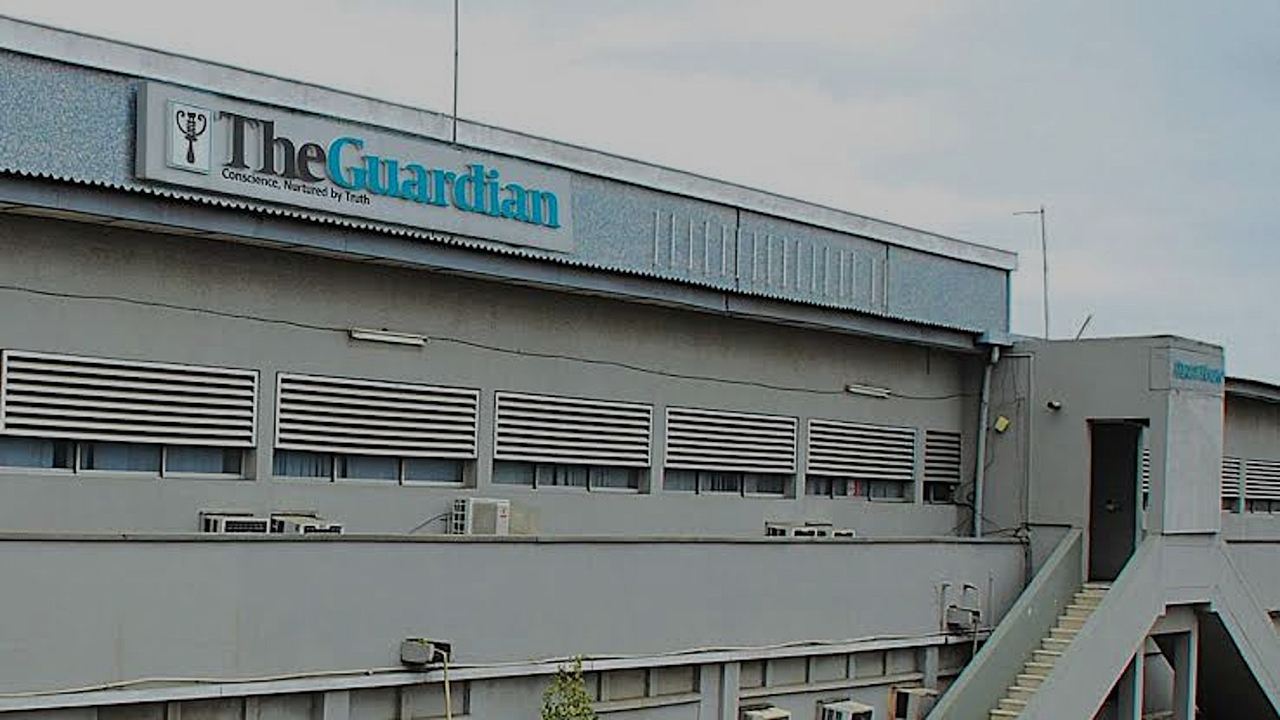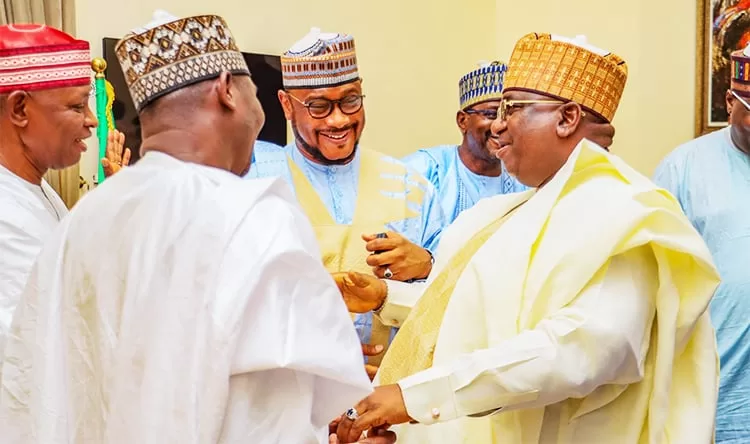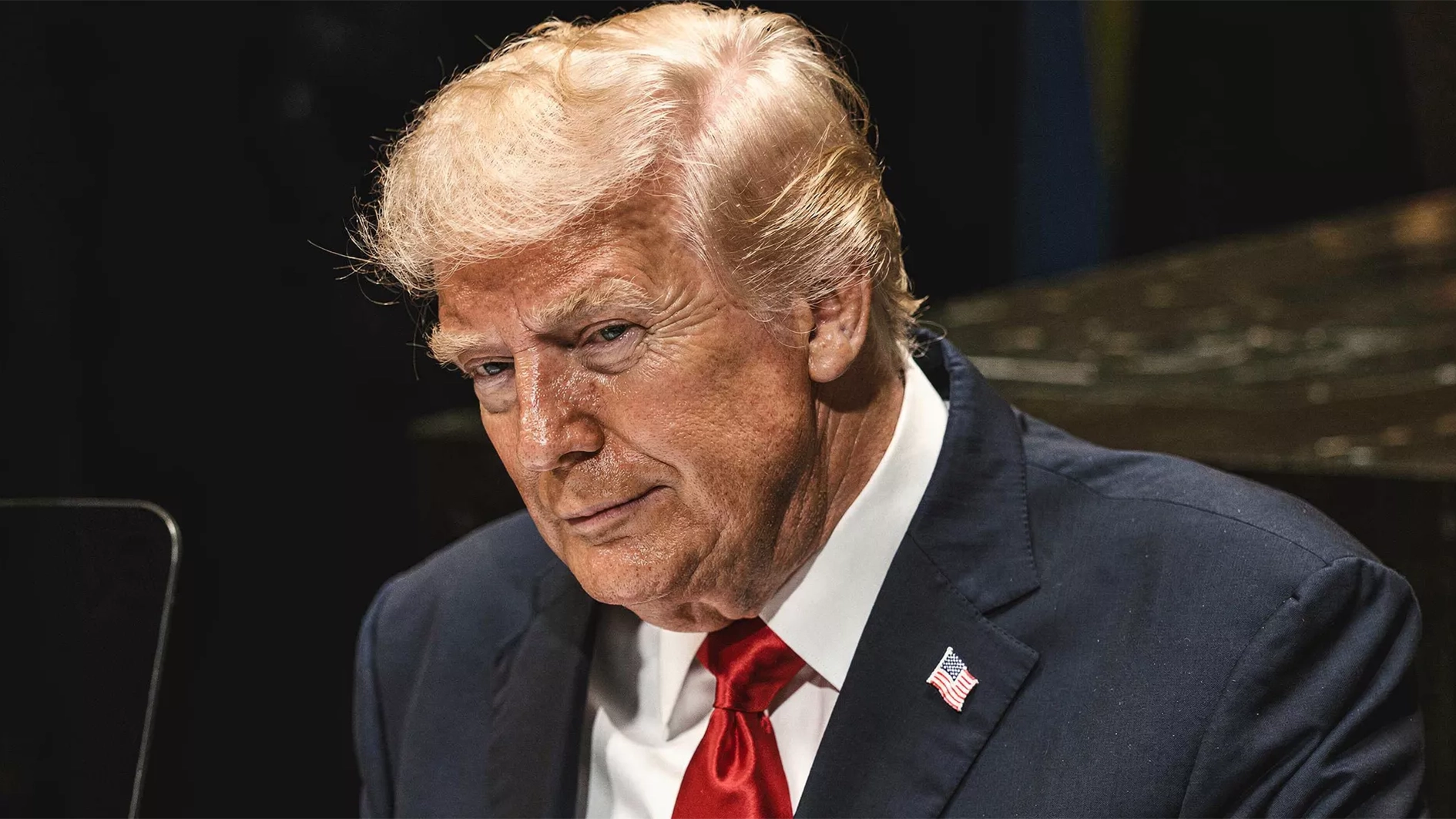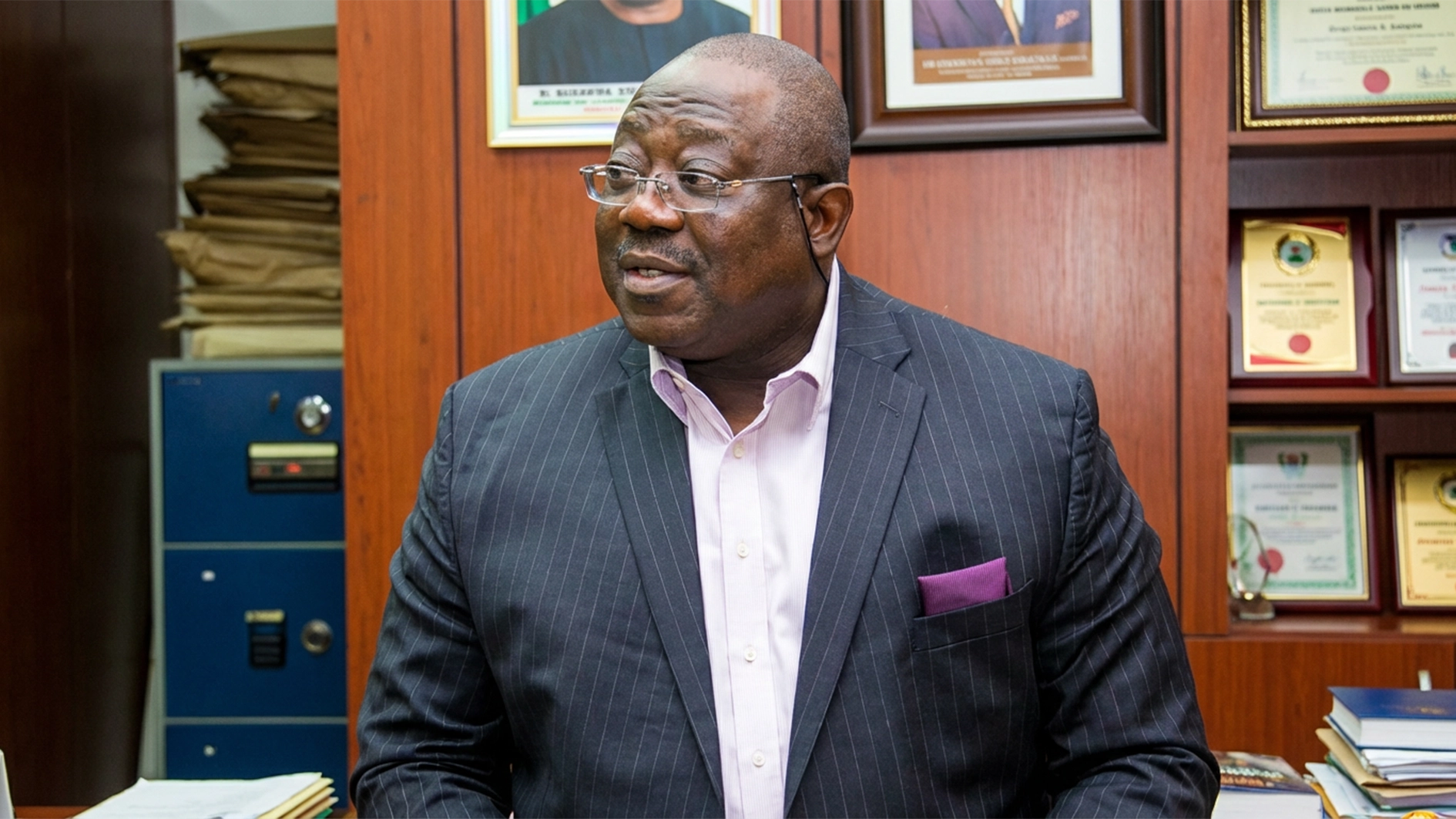
I can hardly believe that five years have passed since I first beheld a copy of The Guardian in Bloomington, Indiana, and that I have on and off been associated with the newspaper for three of those five years as an editorialist and, for want of a better designation, a commentator.
I am not allowed to qualify myself as a columnist, for The Guardian has not conferred that status on anyone since the venerable Alade (Allah De) Odunewu gave up that position in 1985, Nor can I settle for the appellation of “social critic.” Being a journalist is dangerous enough, thank you.
I still remember clearly how I felt on seeing The Guardian for the first time. It was the very second issue, which my friend, Dr Bimbo Osifeso, had sent to me from Lagos. It was chockful of informative, edifying and entertaining material imaginatively packaged and arrestingly presented. It carried no obituaries. And it gave short shrift to all those titles which, more often than not, are masks behind which men seek to conceal their ordinariness.
I devoured it from cover to cover and said to myself that if I ever had a chance to work in any Nigerian newspaper, it would be The Guardian, I saw only one other copy before returning home early in 1984. I was not surprised to find that that the product that had excited me so much five months earlier had blossomed.
The tentative layout had given way to a distinct personality: solid and stable, yet visually aesthetic. The editorials were works of scholarship and craftsmanship, as were many of the articles that appeared on the Opinion-Editorial pages. The news columns discarded the sterile formula on which Nigerian newswriting was based and broke practically every rule that superannuated news editors foisted upon cub reporters. In practically all respects, it was refreshingly different from the competition.
My first article, a two-part lampoon on Decree Four, appeared in The Guardian on May 11 and May 12, 1984. About seven more followed, and on October 2, 1985, I became a member of the editorial board, on leave from the University of Lagos.
I would learn later that the centrists and conservatives had calculated that I would tilt the ideological balance in their favour and had, for that reason, eagerly looked forward to my arrival. The leftists were not so sure and preferred to keep an open mine. In retrospect, I am sure I have not lived up to Effiong Essien’s expectations. On the other hand, I probably have surpassed Odia Ofeimun’s.
The editorial board’s standard treatment for every new member came up on the very first day. At about five o’clock, Sonala Olumhense, the editorial page editor, summoned the trio of Edwin Madunagu, Odia Ofeimun and me to announce that there was no editorial in the bank and one had to be produced immediately. We centred on President Ibrahim Babangida’s announcement that the school year would be changed to rhyme with the agricultural production cycle. We thought it was a good idea and I was asked to write the endorsement.
That is not how the editorial board works, however. On an issue of this nature, the full editorial board usually meets. With the Managing Director and Executive Editor, Stanley Macebuh, presiding. Typically, the range of opinion is wide but Macebuh deftly cuts through the miasma of contention to identify the core issue. Debate continues until the closest thing to a consensus is reached. A member is asked to define and summarize the agreed position. If Macebuh is summarizing, then whoever is writing the editorial has his job cut out for him. Delivered in measured cadences and in elegant, carefully balanced phrases, Macebuh’s summary will stand the most rigorous tests of composition ever devised.
At its best, the editorial board in session is like a post-doctoral seminar. At its worst, it is like any other assembly where Nigerians of various backgrounds and creeds gather to prescribe answers to the problems of their country and the world. But it is never dull, given its unique composition.
Odia Ofeimun is there, confident, dauntless, full of spirit and just about the right measure of sass. So is Onwuchekwa Jemie, a man of great learning and nimble intelligence and a prodigious capacity for reasonableness. Femi Osofisan’s few interventions invariably compel a re-examination of the issues from new perspectives. His commitment to all that is fair and just and noble is all the more touching because it is so poignantly understated.
Do not be fooled by the dialectical rigour and revolutionary fervour of Madunagu’s disquisitions. In real life, he is a first-class gentleman, soft, even shy, and compassionate. Do not be taken in by Sully Abu’s occasional irreverence either. He is an angry young man all right, but he cares for the soul of this nation as few young men do.
Effiong Essien is one of the few conservatives here and anywhere who have the courage of their convictions. Even in the most hostile setting, he will espouse and defend his credo to the best of his great ability.
The sharp intellects and sardonic wit of Godwin Sogolo and Fred Onyeoziri keep debates on course. Editor Lade Bonuola, a man of few words, brings a moral and spiritual dimension to bear on the proceedings. Yemi Ogunbiyi comes in occasionally, debonair, dapper, effervescent and results-oriented, a most reliable ally in a good cause.
How do I fit into this group?
One day, a Guardian editorial supporting the abolition of the minimum wage began with this startling sentence: “Labour in Nigeria is overpriced.”
The newsroom staff felt betrayed. Who, they asked, could have written such nonsense? Certainly not Madunagu. Not Osofisan. Not Ofeimun. Not Olumhense. Not even Essien. It had to be Dare, that fat, contented and complacent newcomer. Under the rules of the house, I am not allowed to disclose who wrote the editorial.
Anyone seeking an understanding of our recent economic history need not look beyond the refreshments served at Editorial Board meetings over the past five years.
In the beginning, it was piping-hot suya, prepared to order. Later, it was meat pies, baked to order. Now, it is only tea and coffee with occasional epa and guguru parcels from a vendor just outside Rutam House.
But we continue to run the nation and the world.
Reminiscences on The Guardian Fifth Anniversary, 1988.
Between 1987 and 1994, Dr Dare served variously as Editorial Page Editor and chair of the Editorial Board. His column “At Home Abroad” for The Nation, where he doubles as Editorial Adviser, appears on Tuesdays.






